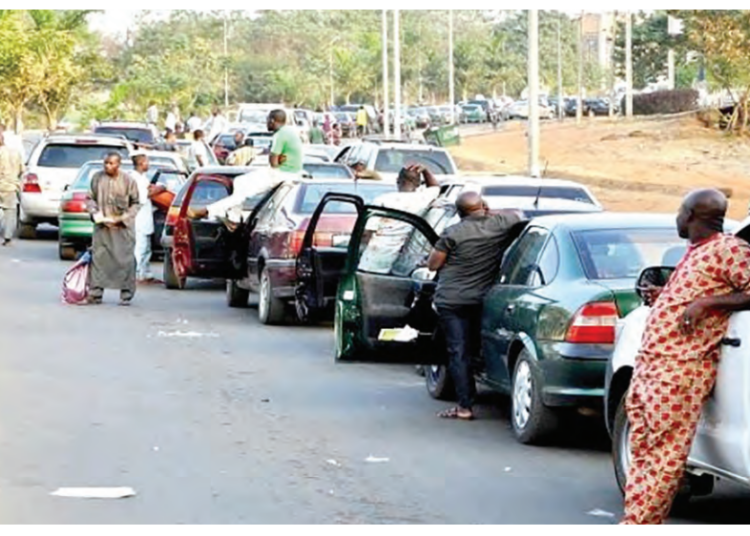Business owners have advocated for a more sustainable approach amid the negative impact of the fuel pump price hike.
The Nigerian National Petroleum Company Limited (NNPC) on September 3, 2024 raised the pump price of petrol to N897 per litre from the official price of N617.
Industry stakeholders maintained that the petrol subsidy is unsustainable, saying that “with the official price of petrol now at N855, it is a clear indication that the shortfall between the landing cost and the former price level of N568 charged by NNPC has been reduced. The burden of the shortfall has accumulated to a debt of N10 trillion.
They however said that “completely removing it and subjecting Nigerians to a significant fuel price hike presents significant challenges. A steep price hike would likely trigger widespread price increases, potentially reversing the recent easing in inflation seen in July and leading to another surge in inflation rates. Balancing the need for fiscal responsibility with the economic impact on citizens is a complex task for the government.”
The director-general of Manufacturers Association of Nigeria (MAN), Segun Ajayi-Kadir stated that “cost of transportation may increase, and so would the prices of goods and services. As the cost of petrol rises, consumers will spend more on transportation and energy, leaving them with less disposable income.
“This decrease in purchasing power may lead to reduced demand for non-essential goods and services, affecting businesses across various sectors. These are pointers to the high possibility of a rise in inflation figures, impacting household budgets.”
He noted that “manufacturing performance would be negatively impacted. Businesses may need to adjust their pricing strategies, which could lead to reduced profit margins if consumer demand weakens. Small and medium-sized enterprises (SMEs), which often operate on thin margins, could be particularly hard-hit. The increased costs could force some to scale down operations or even shut down if they are unable to pass on the additional costs to consumers.”
Also, the director-general of Lagos Chamber of Commerce & Industry (LCCI), Dr. Chinyere Almona, said “the impact on businesses will be severe, with fuel prices affecting supply and logistics, power generation, transportation, and factory operations. The cost of doing business will skyrocket, prices of goods will rise, and some firms may shut down due to low demand in the face of weakening consumer purchasing power. Of course, this will be followed by job losses.”
She noted that “the situation is critical when considered against the background of NNPC, which owes suppliers about $6 billion. The operation of the Dangote Refinery, which now produces fuel and diesel for sale, offers a glimmer of hope.
“This game-changing intervention could restore some stability to the oil and gas sector, which has been grappling with significant distortions this year.”
Almona advocated for a more sustainable approach, saying that “supporting the development of additional local refineries to process our crude for local consumption and potential export across Africa is the way forward. This long-term strategy is crucial for the stability and growth of our economy.
“As an immediate intervention, it would be beneficial for the Port Harcourt Refinery to commence operations alongside production from the Dangote Refinery. Given the current challenges with importing refined fuel, relying on local production may be the most viable option at this time.
“We recommend sustaining local supplies, with the expectation that demand will eventually align with supply, leading to equilibrium pricing across various sources.”





